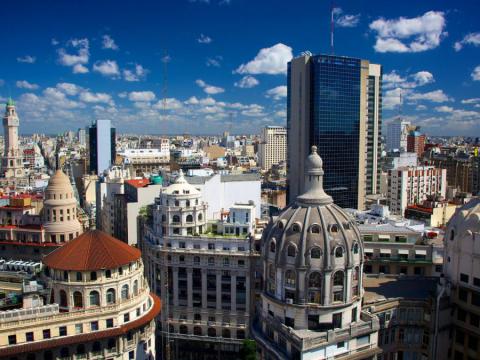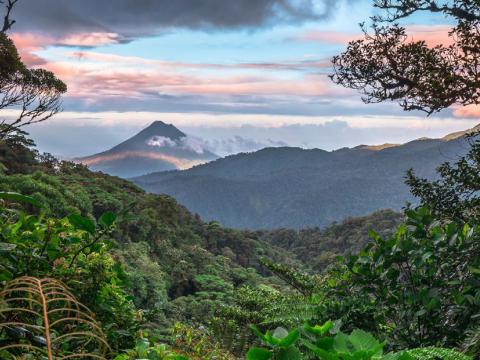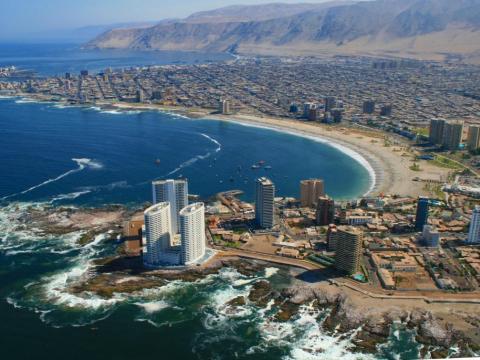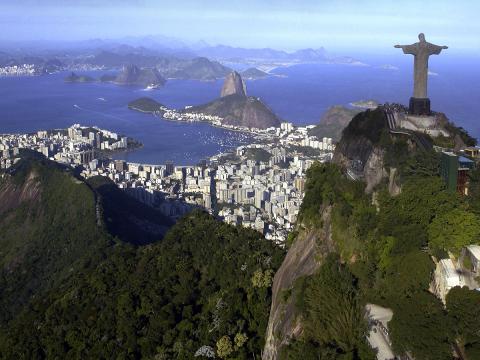Argentina in a Nutshell
Argentina is a large nation in South America's south. It has a wide range of climates and habitats, including jungles in the north, vast grass plains in the middle, and frozen mountains in the south. Furthermore, Argentina claims the Falkland Islands, a United Kingdom Overseas Territory, as the Islas Malvinas.
Argentina, officially the Argentine Republic (Spanish: República Argentina), is the eighth-largest nation in the world and is located in South America. Argentina also has the highest and lowest points in South America: Cerro Aconcagua is the highest peak in the Americas at 6,960 meters, while Salinas Chicas is the lowest point in South America at 40 meters below sea level.
There are many routes between the South Atlantic and South Pacific Oceans at Argentina's southern tip, including the Strait of Magellan, the Beagle Channel, and the Drake Passage—-as alternatives to sailing around Cape Horn in the open ocean between South America and Antarctica.
Argentina derives its name from argentinos, the Ancient Greek diminutive (tinos) form for silver (argentos), which was sought by early Spanish explorers when they arrived in the area in the 16th century.
Argentina endured periods of internal political strife between conservatives and liberals following its independence from Spain in 1816. Argentina became the richest country in Latin America in the first decade of the twentieth century, with its prosperity symbolized by the opulence of its capital city. Argentina was one of the world's richest countries during the Roaring Twenties, with a GDP greater than that of major European economies such as France, Germany, and Italy. European immigrants poured into Argentina, especially from northern Italy and Spain; by 1914, nearly 6 million people had arrived.
Following World War II, Juan Peron came to power and introduced a form of populism known as Peronism. Argentina implemented a protectionist economic policy that severely limited international trade under Peron. While such policies increased Peron's and other Peronist politicians' popularity among the masses of working-class Argentinians, they also caused Argentina's economy to stagnate. In 1976, Peron was deposed in a military coup.
After an unsuccessful war with the United Kingdom over the Islas Malvinas (Falkland Islands) in 1982, the military leadership relinquished control, and democracy was restored in 1983.
A painful economic crisis at the beginning of the twenty-first century devalued the Argentine peso by a factor of three, ushering in a succession of fragile, short-lived governments as well as social and economic turmoil. However, later in the decade, Argentina seemed to find new prosperity and has a much better economic outlook, although with the ever-present issue of high inflation. Argentina, after Brazil and Mexico, has the third largest economy in Latin America and is a member of the G20 community of global economies.
Last modified on 05/20/2021 - 06:50
Towns
Currently there are no places in Argentina.
Currently there are no articles about Argentina.
Currently there are no trip reports about Argentina.
Currently there are no photo of Argentina.
Currently there are no videos of Argentina.





